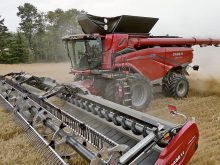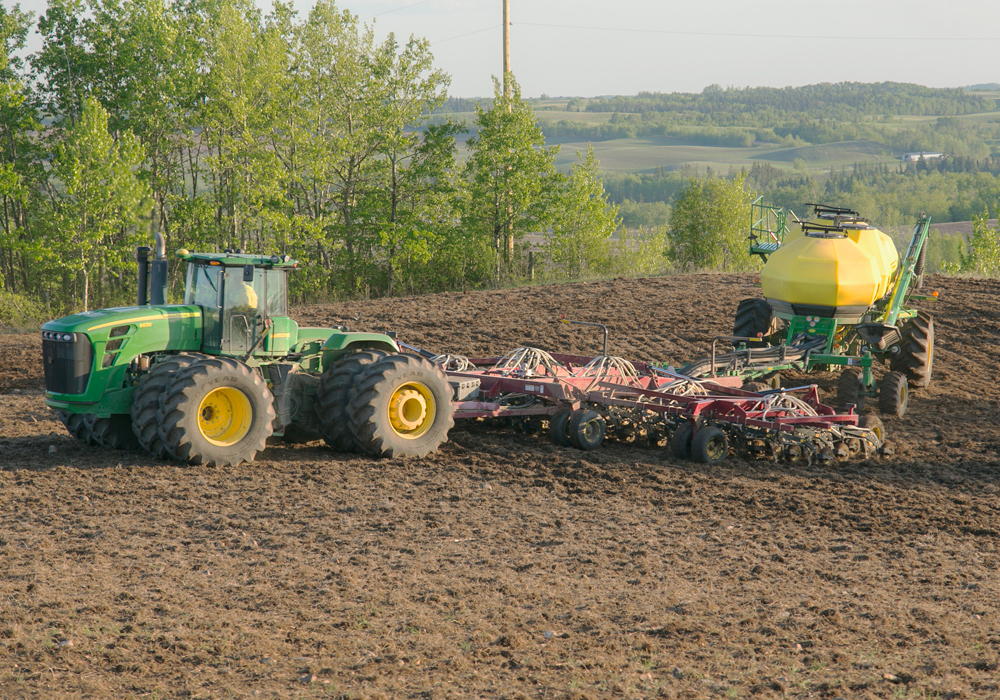The Liberals, with the support of other opposition parties, forced an emergency meeting of the House of Commons agriculture committee last week, but it did not turn out as planned.
The meeting was called on short notice to examine what the party said are deficiencies in the Conservative government’s response to the 2008 listeria outbreak that killed 22 Canadians.
Liberals hoped the meeting would be a forum to expose the limitations in a July report by government-appointed investigator Sheila Weatherill and the need for a full public inquiry called for earlier by the opposition-dominated Commons committee.
Read Also

Stacking Canada up on gene editing livestock
Canada may want to gauge how Argentina and other countries have approached gene editing in livestock and what that has meant for local innovation.
Instead, Conservative committee chair Larry Miller was out of town and unable to attend the meeting. Agriculture minister Gerry Ritz and Weatherill were not available.
With Miller away, vice-chair Mark Eyking took the chair, removing his vote.
The Conservatives suddenly had a majority and used it to pass a motion asserting that the Weatherill report and a subcommittee investigation were sufficient and no public inquiry is needed.
Liberal Wayne Easter, who took credit for forcing the emergency meeting that Conservatives opposed, was left fuming.
“It is against democratic principles,” he said during the Aug. 26 Parliament Hill meeting.
“Clearly what this motion is all about is a secretive government at work.”
The Conservatives won the vote 6-5 and over opposition protests, agreed the vote would be transmitted to the Commons when it resumes sittings Sept. 21. Easter said it was meant to confuse Canadians about the true will of a Parliament in which opposition MPs hold the majority.
During testimony at the committee, Canadian Food Inspection Agency president Carole Swan said the agency has taken to heart recommendations from the Weatherill inquiry and the report of the Commons subcommittee on food safety.
“Our activities included tightened and improved food safety controls in federally registered plants that produce ready-to-eat meat products,” she said.
“The enhanced requirements focus on early detection, reporting and the control of listeria risks by both government and industry.”
She said recommendations in reports by Weatherill and the committee “will continue to guide our future activities in these areas.”
Bob Kingston, national president of the Agriculture Union of the Public Service Alliance of Canada that represents food inspectors, presented a more bleak assessment.
He said CFIA is doing the best it can, but it needs more resources.
“I think there have been admirable changes that have already been made,” he said.
“I think they are good to the extent they can be put in place and delivered on but without additional resources, it’s just a matter of time before it happens all over again.”














